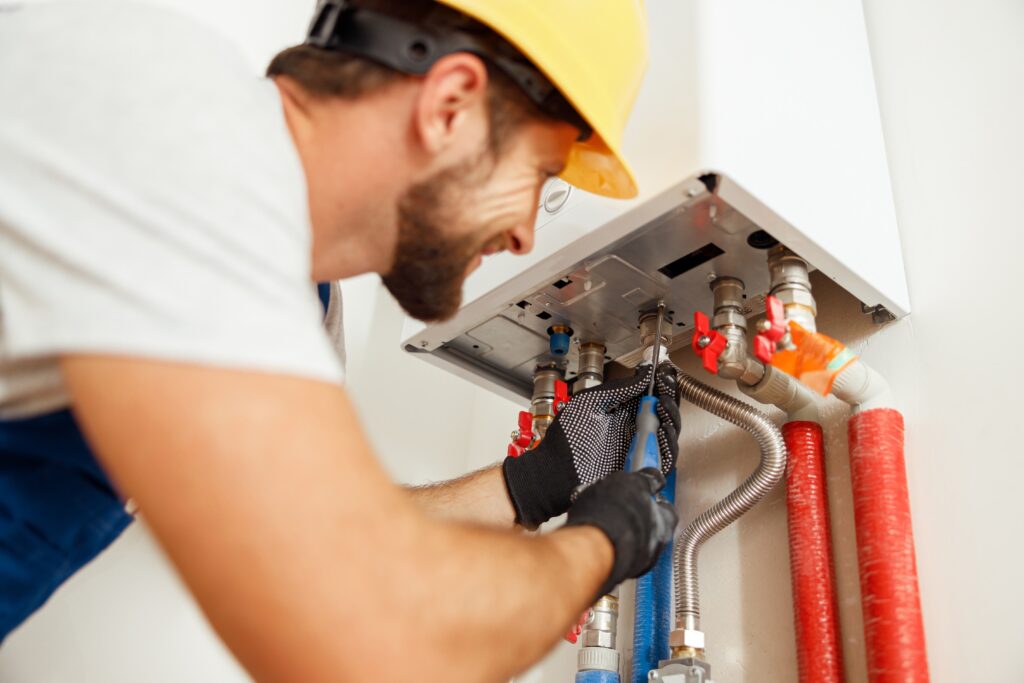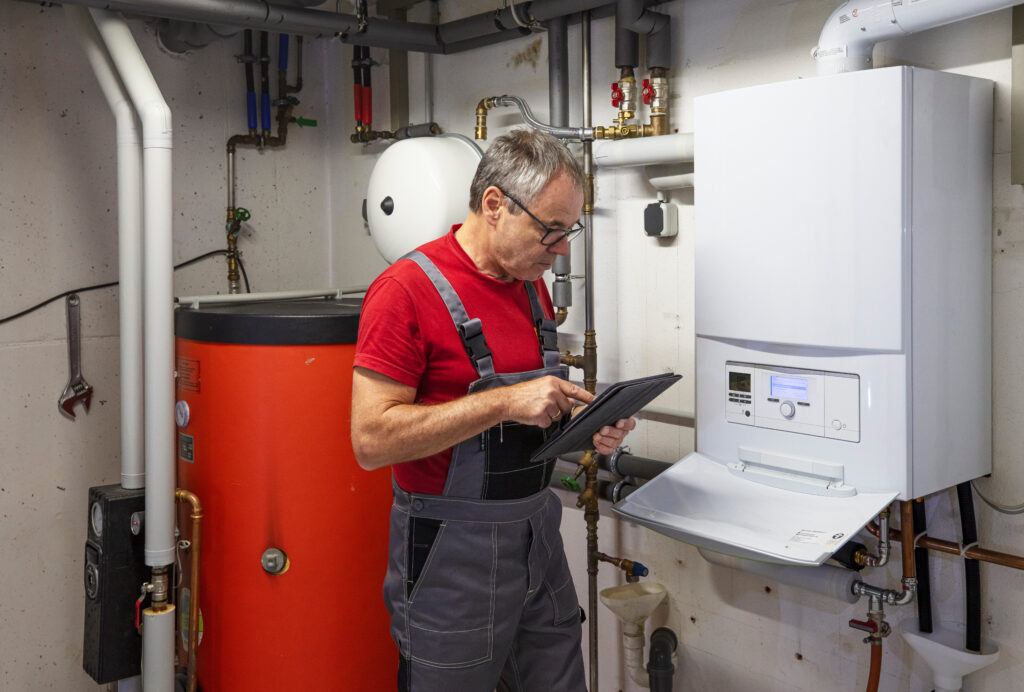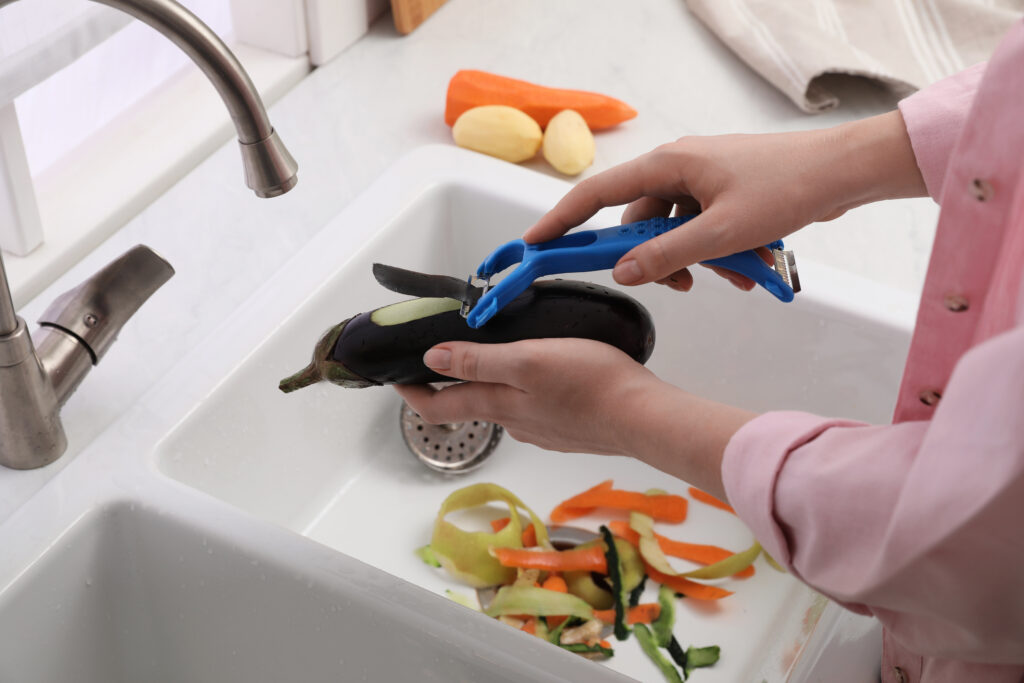Whole-House Water Filtration Systems: The Luxe Upgrade That’s Actually Smart
So you’ve just snagged a home in Beverly Hills—that glorious hillside pocket where the median price floats north of $6 million, and there’s a healthy competition over whose koi pond is artfully cleaner. Around here, high design meets high functionality, and while sipping perfectly chilled matcha on your terrace, there’s one thing homeowners often overlook: water quality. We’re not talking taste alone. We mean purity, longevity of your appliances, skin health, and yes—even the invisible stuff in your plumbing that you’ll wish you noticed sooner. Enter the whole-house water filtration system, a home upgrade that’s less “extra” and more “essential,” especially in the most expensive neighborhood in America. And if you’re wondering how this all ties back to your home warranty plan, buckle up. Let’s get into it.
What Is a Whole-House Water Filtration System, Anyway?
Okay, quick reality check. Not all water is created equal, even if it comes from a zip code where people wash their cars with Fiji. Municipal water, though treated, can still carry chlorine, heavy metals, sediment, and trace pharmaceuticals—none of which you really want in your espresso, shower mist, or dishwasher. A whole-house water filtration system solves this by filtering your water right at the point it enters your home. That means every tap—kitchen, bathroom, garden hose, creepy utility sink in the basement—dispenses fresh, filtered H2O. No add-on filters for every fixture, no weird reverse osmosis mess under your sink. Just clean water. Everywhere. All the time.
How It Works: Behind the Scenes of That Magical Purity
Imagine your home’s plumbing system as a giant tree, with the main water line as the trunk. A whole-house filter gets installed right at the base of that trunk. Water flows into the system and passes through several stages of filtration—usually a sediment filter first (to catch sand, rust, and dirt), then a carbon filter (to neutralize chlorine and volatile organic compounds), and sometimes even a water softener or UV purifier depending on your setup. It’s kinda like having a Brita the size of a fire hydrant silently killing it in your garage. As the water exits the system, it’s cleaner, softer, gentler, and ready for everything from drinking to steam-cleaning your imported tile.
The Best Reasons to Invest in One
Now, beyond it being a cool smart-home talking point—because let’s be real, people LOVE to hear that your bathtub fills with perfectly filtered water—there’s a lot to love here. First, your appliances live longer. Sediment and minerals wreak havoc on water heaters, dishwashers, and washing machines. Filtered water? Way easier on those internal parts. Second, your skin and hair aren’t drying out after every shower. Chlorine and hard water minerals can disrupt the natural oils your body needs, and filtered water can fix that. Third, less pipe corrosion means fewer unexpected plumber visits and emergency repairs. It’s good for your home, your body, your stuff… and honestly your peace of mind.
The Not-So-Glamorous Side You Should Know
Naturally, this isn’t all roses and eucalyptus steam. Installation isn’t exactly light lifting. You’ll need a plumber (and not the cheap kind), and depending on the condition and layout of your plumbing, it can be a bit invasive. The upfront investment is significant—anywhere from $2,000 to $6,000+ depending on size and features. Plus, filters don’t last forever. You’ll need to replace them annually, sometimes more often. Skip it, and that fancy water isn’t staying fancy for long. There’s also the risk that an improperly installed system can mess with your water pressure, so make sure whoever installs it knows their stuff.
So, Is This Overkill or a Power Move?
If you’re living in a home valued in the multimillion-dollar range—especially in a market like Beverly Hills—it feels less like extravagance and more like playing smart defense. Your finishes, your pipes, your fixtures—they all cost more, and protecting them with clean water just makes sense. Not only that, but should you ever resell, this kind of upgrade speaks volumes to savvy buyers. It tells them this home has been loved, maintained, and prepped for long-term living. In today’s market, health and quality of life are features people buy into. Water is a part of both.
What About Home Warranties—Does This Even Cross Over?
Yes. Yes it does. A surprising number of home warranty claims relate directly to water issues—failures in dishwashers, clogged plumbing, damaged washer valves, you name it. If your warranty covers those systems, a whole-house water filter can actually prevent future claims or at least reduce wear and tear. And if you’re with a company that understands modern homes and the upgrades they carry *cough* like Armadillo *cough*, your system can be bundled, maintained, and protected better. You’ll want to ask specifically whether filter systems are covered or considered auxiliary. But it’s 100% worth the conversation.
So… Should I Get a Whole-House Filter and a Warranty or What?
Short answer: yes. Longer answer: Yes, especially if you’re already investing in a premium home, top-tier finishes, and longevity. Installing a whole-house water filtration system might not have the glimmer of a new marble countertop, but it makes everything else in your home last longer—including that spa shower you love like a second child. Pair it with a smart, flexible home warranty through a company like Armadillo, and you’re basically living on another homeowner level altogether. Their plans are tailored to help modern homes and modern living—not just your grandma’s furnace. You can dive into their clean and straightforward coverage plans on their homepage or start customizing your coverage right from your zip code at their plan builder page. Trust me—clean water and clean backups? That’s future you saying thanks.


























